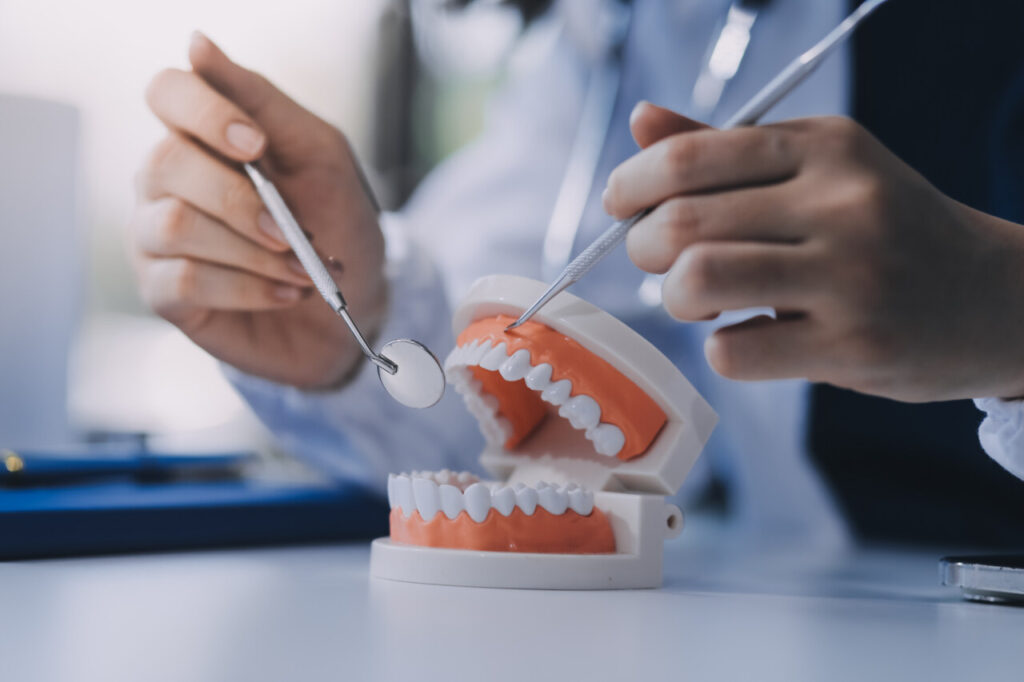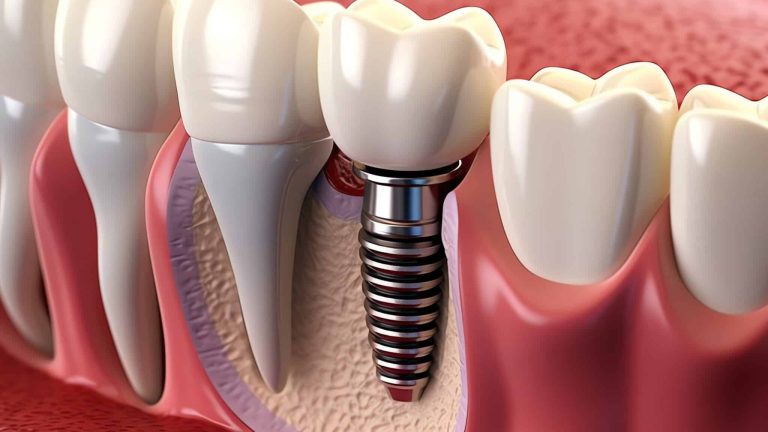Preventive dental care is the foundation for maintaining a healthy smile throughout life. Within this approach, professional dental cleanings play a crucial role as they remove plaque and tartar that brushing and flossing cannot completely eliminate. But when is the ideal time to have a professional cleaning, and why is it so important to do it regularly?
In this article, we will explore the importance of periodic dental cleanings, the recommended frequency, and how they contribute to both oral and overall well-being.
What Is a Professional Dental Cleaning?

A professional dental cleaning, also known as dental prophylaxis, is a procedure performed by a dentist or dental hygienist to remove plaque and tartar buildup on teeth and gums. In addition to preventing cavities and periodontal diseases, this procedure helps maintain fresh breath and a brighter smile.
Why Are Regular Dental Cleanings Important?
While maintaining a good oral hygiene routine at home is essential, it is not always enough to completely remove bacterial plaque and tartar, especially in hard-to-reach areas. These accumulations, if not removed, can lead to oral and systemic health problems such as:
- Preventing cavities:
- Accumulated plaque contains bacteria that produce acids, which can erode tooth enamel and cause cavities.
- Preventing periodontal diseases:
- Gingivitis and periodontitis are caused by plaque and tartar buildup, which irritate and inflame the gums.
- Reducing the risk of tooth loss:
- Advanced periodontal diseases can lead to tooth loss due to damage to the gums and underlying bone.
- Improving overall health:
- Oral infections can be linked to systemic health problems such as heart disease, diabetes, and pregnancy complications.
- Early detection of dental problems:
- During the cleaning, the dentist can identify early signs of cavities, infections, or even oral cancer.
How Often Is a Dental Cleaning Recommended?
The ideal frequency of dental cleanings can vary depending on oral health and individual needs. However, general recommendations are:
1. Patients with good oral health:
- One professional cleaning every 6 months is sufficient to prevent dental problems and maintain oral health.
2. Patients with periodontal problems:
- People with gingivitis or periodontitis may need more frequent cleanings, every 3 or 4 months, to control the disease and prevent progression.
3. Patients with risk factors:
- Those who smoke, have diabetes, use orthodontics, or are pregnant may require more frequent cleanings due to higher susceptibility to dental problems.
4. Children and teenagers:
- At least one cleaning every 6 months is recommended, as prevention is key during growth stages.
How Is a Professional Dental Cleaning Performed?
A professional dental cleaning includes several key steps designed to remove harmful deposits and leave the mouth clean and fresh:
- Initial evaluation:
- The dentist examines the mouth for any issues such as cavities, gum inflammation, or plaque and tartar buildup.
- Removal of plaque and tartar:
- Special tools are used to scrape and remove tartar from the teeth, especially in areas where brushing cannot reach.
- Professional brushing:
- A high-powered electric brush and special toothpaste are used to polish the teeth and remove surface stains.
- Flossing:
- The dental hygienist flosses between the teeth to remove any remaining debris.
- Rinse and fluoride application:
- The mouth is rinsed to remove plaque residues, and fluoride is applied to strengthen enamel and prevent cavities.
Signs You Need a Dental Cleaning Sooner
While periodic cleanings are usually scheduled every six months, certain signs indicate you might need one earlier:
- Persistent bad breath (halitosis).
- Bleeding gums when brushing or flossing.
- Swollen, red, or receding gums.
- Visible tartar on teeth.
- Tooth sensitivity or unexplained pain.
Common Myths About Dental Cleanings
1. “Cleanings wear down tooth enamel.”
- False. The tools and techniques used in a cleaning are designed to be safe and do not damage enamel.
2. “I don’t need cleanings if I brush well.”
- False. Even with good oral hygiene, some areas can accumulate tartar that only professionals can remove.
3. “I only need a cleaning if I have cavities or pain.”
- False. Cleanings are preventive and help avoid problems before symptoms appear.
Additional Benefits of Regular Dental Cleanings
- Whiter smile:
- Professional cleaning removes surface stains caused by food, drinks, or tobacco.
- Fresher breath:
- Removing plaque and tartar contributes to a cleaner mouth and fresher breath.
- Increased confidence:
- A healthy mouth reflects a more confident smile and improved quality of life.
Tips for Maintaining Dental Cleaning Results
- Brush your teeth at least twice a day with fluoride toothpaste.
- Floss daily to clean between teeth.
- Reduce consumption of sugary or acidic foods and drinks.
- Avoid smoking, as it contributes to tartar buildup and gum problems.
- Drink water frequently to keep your mouth hydrated and free of food debris.
Conclusion
Professional dental cleanings are an essential component of preventive dental care. They not only help maintain oral health but also prevent more serious and costly problems in the long run. Consulting your dentist to determine the appropriate frequency based on your specific needs is the best way to ensure your smile remains healthy and radiant.
At Clínicas La Guardia, we are committed to your oral well-being. Our professionals are ready to provide you with a comfortable and effective experience at every visit. Schedule your appointment today and take the next step toward a healthier smile!




